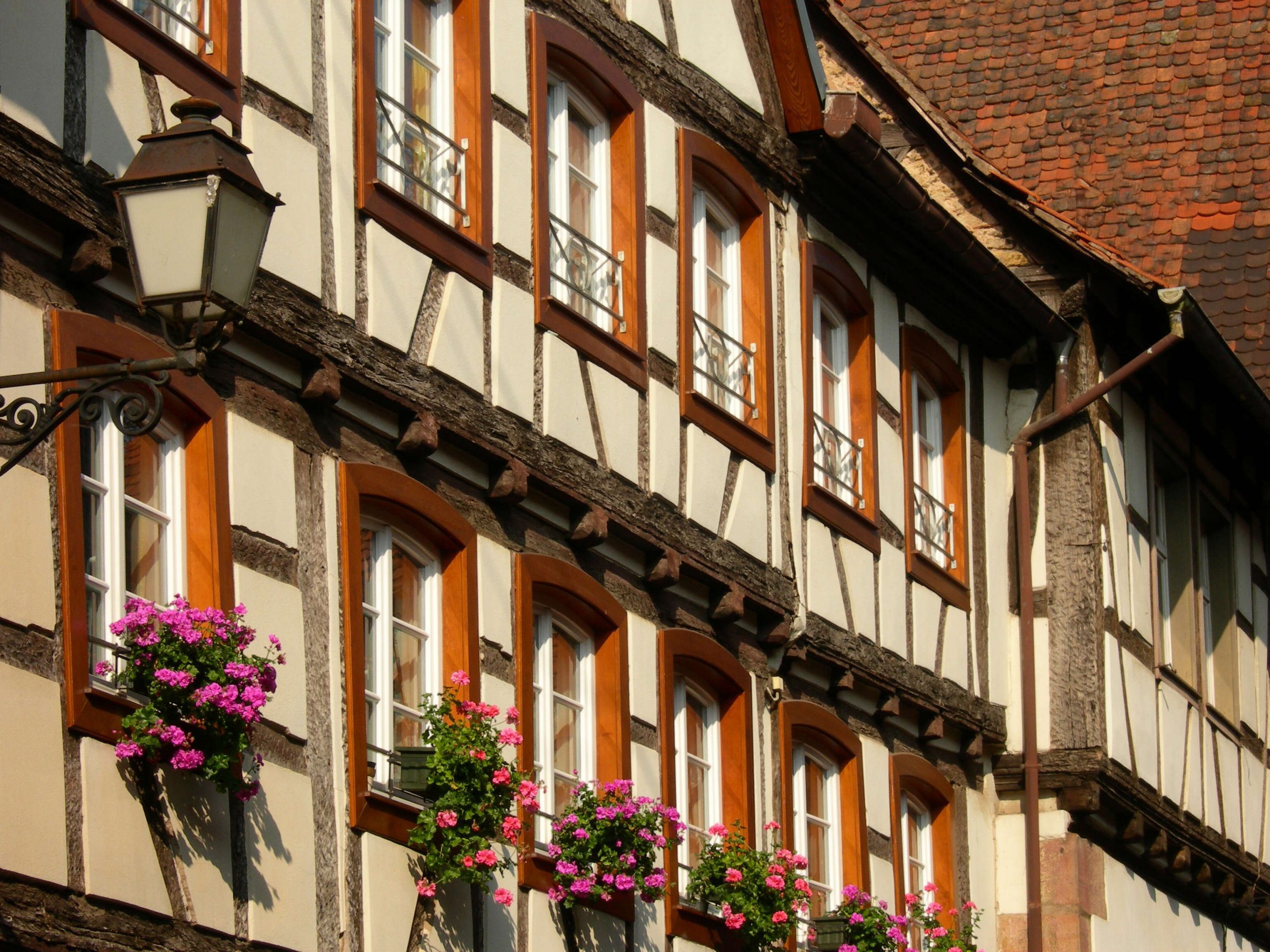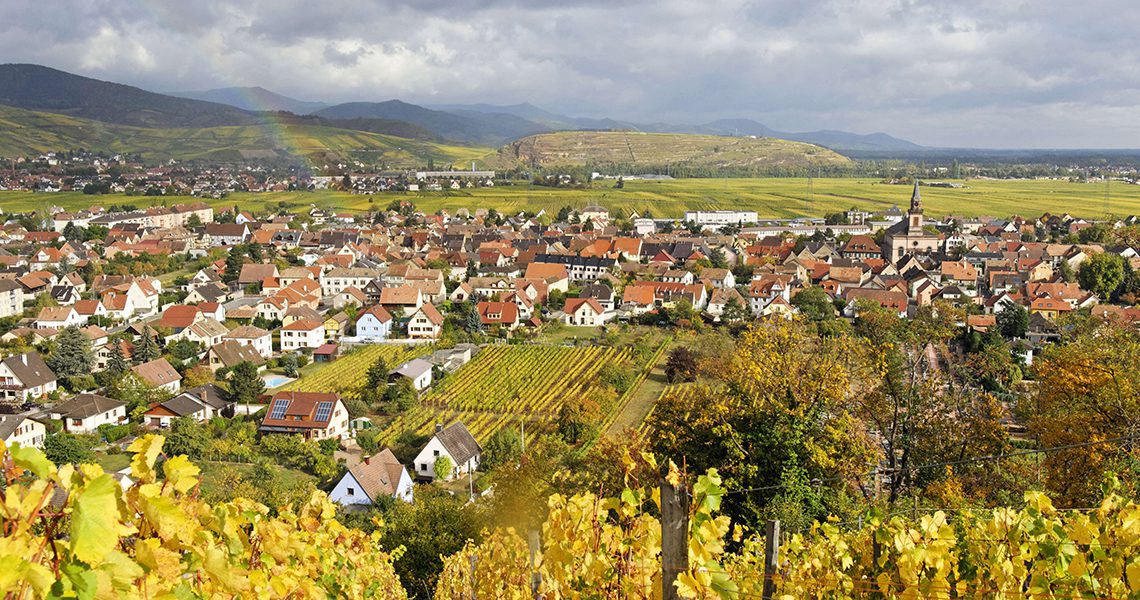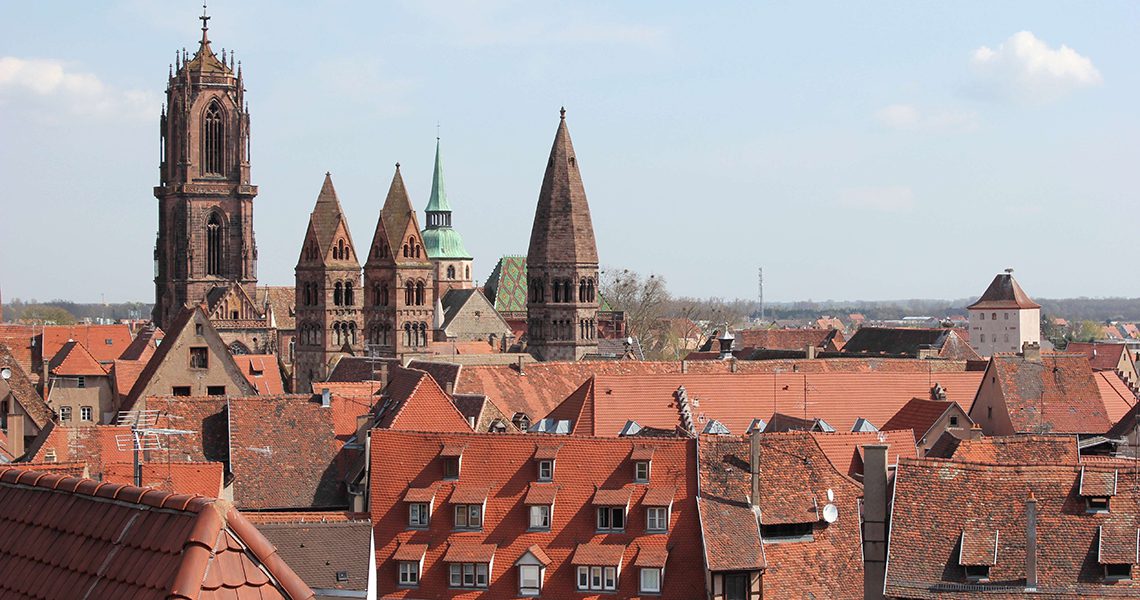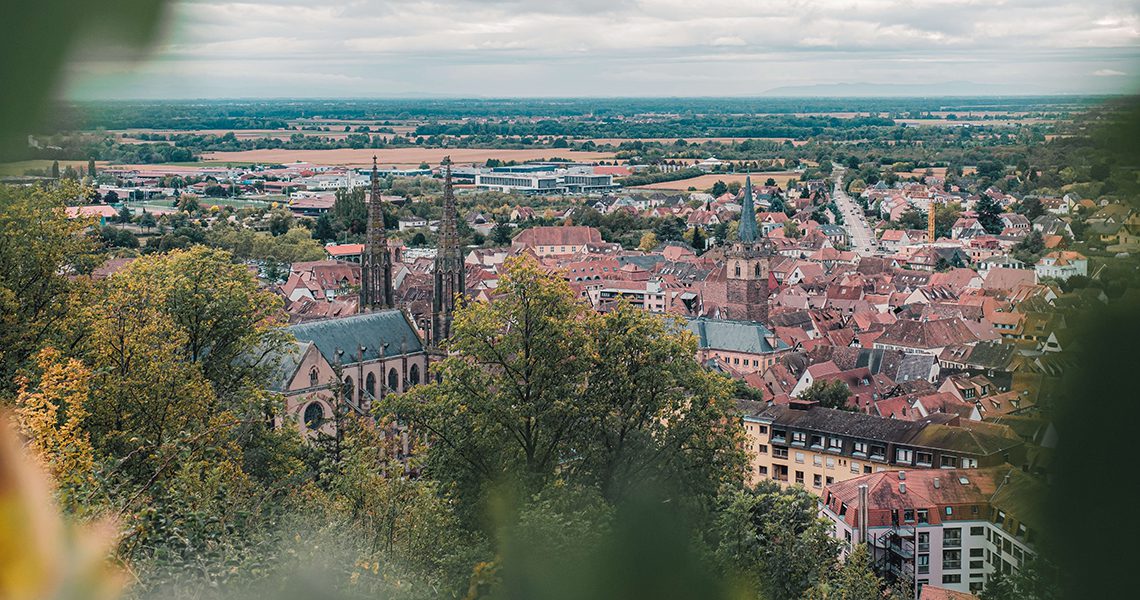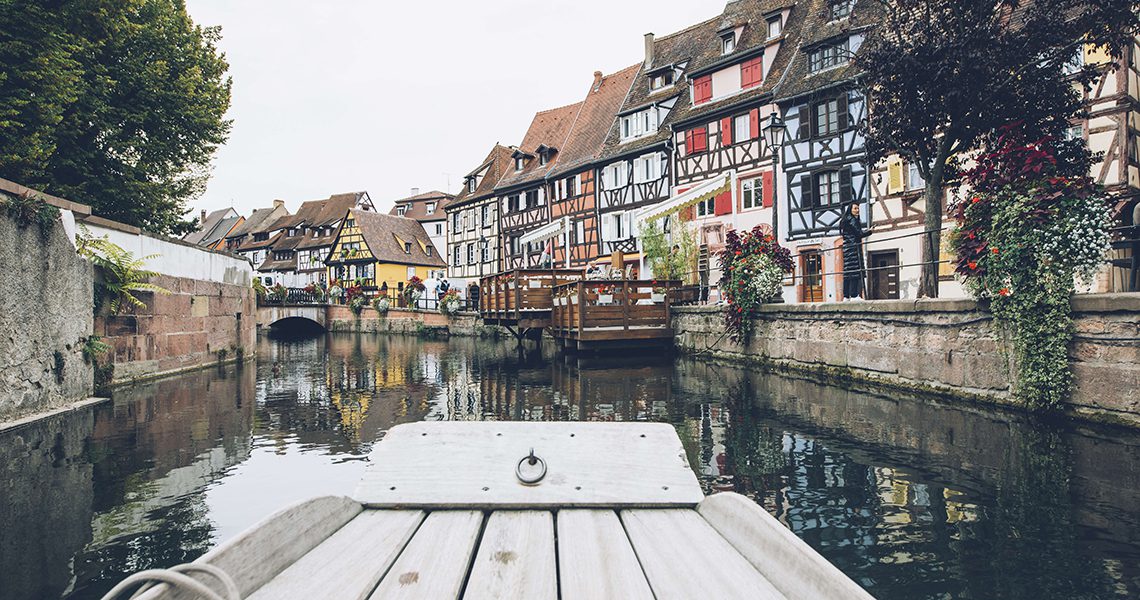The European Route of Judaism on the Rhineland – Bouxwiller
Bouxwiller introduction
Bouxwiller is a very old town, whose site was already occupied in Roman times. The Jews have been present in Bouxwiller since the 1300s. At the Reformation, the Prince of Hanau-Lichtenberg, having their capital in Bouxwiller, switched to Protestantism. Desiring to be “enlightened spirits”, they are tolerant of the Jews. Numerous examples show the spirit of fairness which prevailed in the city: thus, in 1717, the Christian merchants having requested the closure of the Jewish shops, the provosts and aldermen certified “that the Jews have kept from our memory from all time. Merchant shops opened in this town and sold all kinds of merchandise there just like other merchants here. ” Authorize them in Bouxwiller, a yeshiva (talmudic college) and a beith-dîn (Jewish Court of Justice), institutions which will remain until the Revolution.
Bouxwiller in detail
Since the early Middle Ages, Bouxwiller and the surrounding villages have been the fiefdoms of the Lichtenberg lords of the bishopric of Metz. In the 16th century and at the beginning of the 17th century, the city reached its first peak. The 1789 Revolution put an end to the institution of the county.
The recovery was mainly achieved through the creation, in 1810, of the Bouxwiller Mines, the starting point of an important chemical industry, which marked the economic and social life of Bouxwiller until the beginning of the 20th century. The city has preserved many witnesses to this rich past, which are highlighted by several discovery trails and two museums.
BOUXWILLER maisons à colombages oriels
©C.FLEITH 028.jpg
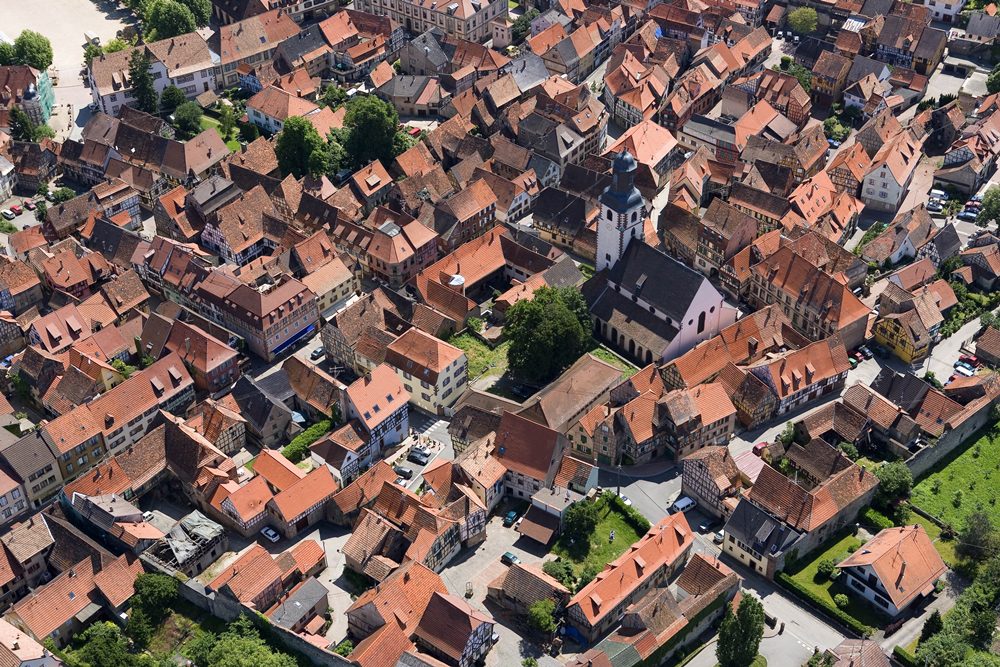
Vue aérienne Bouxwiller
© Frantisek Zvardon.jpg


